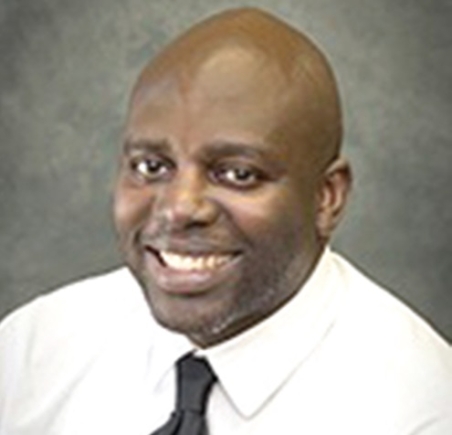
Economic issues will dominate 2024 electioneering — Dr Osae-Kwapong
A fellow the Ghana Centre for Democratic Development (CDD-Ghana), Dr John Osae-Kwapong, has stated that the debate on the economy must dominate the 2024 general election.
“There is no doubt that the country has faced some major economic challenges, and Ghanaians have borne the brunt of those challenges.
The major economic indicators are not at the level where any incumbent government can confidently say that all is well, even as it works to address them,” he stressed.
“As former President Kufuor said during the 2000 election campaign, voters must examine their economic situation and vote accordingly.
I believe that the same will be true of the 2024 election.
The state of the economy, who is to “blame” for it, and who has real practical solutions to bring the economy back to full recovery and onto a path of sustained growth and prosperity will be the number one issue, I believe,” he said in an interview with the Daily Graphic.
Dr Osae-Kwapong, who is a renowned researcher and political scientist, said there would also be other issues dealing with good governance such as corruption, which regularly featured during elections.
Independent candidates
As to the chances of an independent presidential aspirant in the 2024 presidential election, he said data from the Afrobarometer Survey showed that very few Ghanaians (not more than five per cent) regularly said they intended to vote for a presidential candidate who was not running on the ticket of the National Democratic Congress (NDC) or the New Patriotic Party (NPP).
“And that intention is seen clearly when you examine our election results.
The best showing of third parties, including independents, was the 2000 election, where their total combined share of votes was seven per cent,” he pointed out.
Dr Osae-Kwapong said that given that history, he believes the independent presidential aspirant (reference Alan Kwadwo Kyerematen) would have a spoiler effect by chipping away some votes from the incumbent party since he was a well-established figure of the party who broke away.
“With time, and the various pre-election surveys and polls that will be conducted in 2024, we will get a better sense of what his prospects are.
If I were to hedge my bets, I would say he may be a king-maker by pushing the election into a second round but not the king himself.
I could be wrong,” he said.
North debate
Dr Osae-Kwapong said if Ghanaians accept the argument that the country’s elections were also driven by ethnic identities, “then we can expect the north to be a battleground in 2024, given that the presidential candidates of our two major political parties are from the North.”
He, however, said in Afrobarometer Round 7 (2017), when Ghanaians were asked the main reason for their choice of president in the 2016 election, only two per cent said it was because of a shared ethnic identity with the candidate.
“So, maybe ethnicity does not drive us that much to the polls,” he stressed.
Dr Osae-Kwapong pointed out that there was a change in the political landscape of the northern regions that he felt had not yet been noticed or at least not to the extent that one would expect.
“That change is the performance of the NPP in the northern regions since the 1996 elections.
In the Northern Region, where the (NPP) has traditionally performed well, the party has increased its share of the vote from 39 per cent in 1996 to 46 per cent in 2020.
